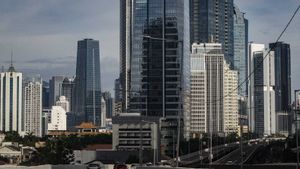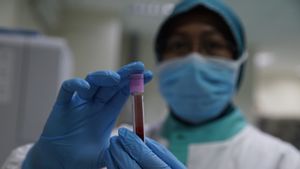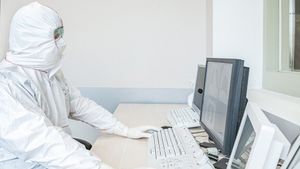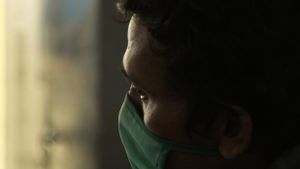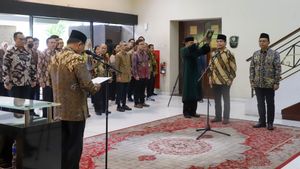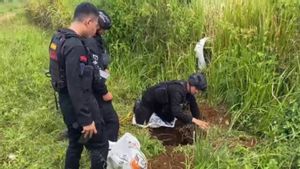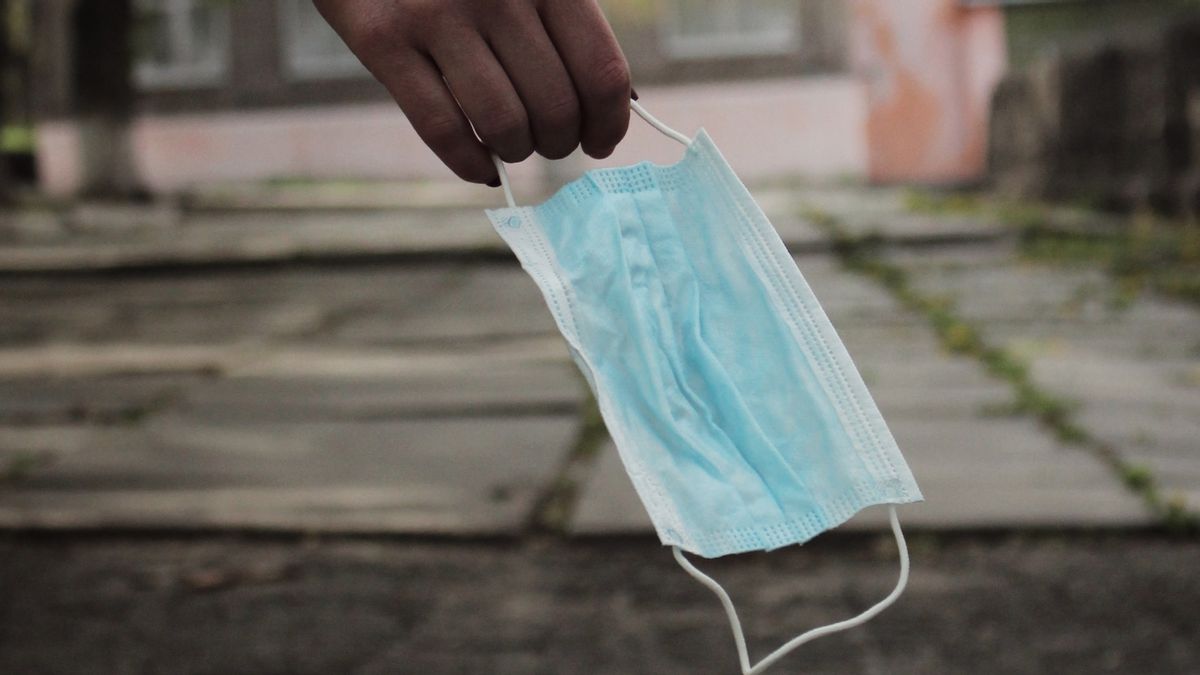
JAKARTA - The thing that was feared so far has come back. The number of positive COVID cases, including those due to the omicron variant, has spiked again in Indonesia.
Over the past few months, Indonesia has managed to control the rate of transmission of COVID-19. Vaccinations that are intensively collaborated with residents' adherence to health protocols have made the positive number of COVID-19 decrease drastically.
But because it is also what ultimately makes us complacent. Are you aware that we feel as if COVID-19 doesn't exist anymore?
"Perhaps we were lulled by the low number of cases over the past six months, and began to feel that the threat of COVID-19 had completely disappeared," said the spokesman for the COVID-19 Task Force, Wiku Adisasmito at a press conference, Jakarta, Thursday, January 27.
Referring to the data from the COVID-19 Handling Task Force as of January 27, 2022, the national daily cases of COVID-19 increased by 9,077 cases, bringing the total positive confirmed cases since March 2020 to 4,309,270 people.
"With this slowly increasing number of cases, this should be our motivation to return to the discipline of health protocols," he said.
He conveyed that the application of the discipline of health protocols which had become part of the new life adaptation for the past two years was scientifically proven to provide various benefits.
He said wearing a mask reduces the risk of transmission by 79 percent and reduces the risk of infection, lowers daily cases, and suppresses the transmission curve.
In addition, it also reduces hospitalization rates, and reduces mortality rates by up to 65 percent, and has been shown to be effective in both symptomatic and asymptomatic populations.
He added that washing hands is also important in dealing with COVID-19. Although the main transmission route of COVID-19 is through the respiratory tract, research has shown that the virus in the facial area, especially around the nose, can be inhaled and infect.
"One of the benefits of washing hands is to prevent the virus from sticking to the area around the face, thereby reducing the risk of contracting it. In general, washing hands is a part that must be done routinely before the COVID-19 pandemic," he said.
Then maintain a distance, Wiku said, keeping a distance is the most effective way to prevent transmission and can even prevent transmission to above 90 percent.
"The discipline of health protocols has proven to be the easiest, cheapest, and most effective step in preventing transmission," he said.
SEE ALSO:
The English, Chinese, Japanese, Arabic, and French versions are automatically generated by the AI. So there may still be inaccuracies in translating, please always see Indonesian as our main language. (system supported by DigitalSiber.id)


